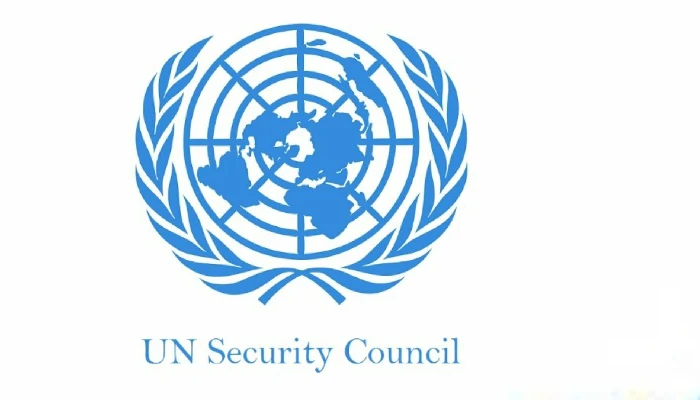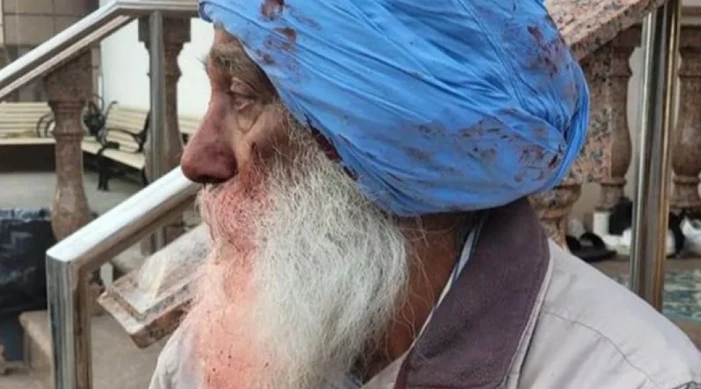Any acts of terrorism are criminal and unjustifiable, regardless of their motivation, the UNSC said
Condemning the “continued heinous terrorist attacks targeting civilians in Afghanistan”, the United Nations Security Council (UNSC) has underlined the need to hold perpetrators, organizers, financiers, and sponsors of terrorism accountable.
In a press statement issued on Saturday, the UNSC condemned in the strongest term "the attack against the Khalifa Sahib mosque in Kabul on April 29, where early reports indicate that at least 30 people were killed and many more injured.”
The UNSC also condemned “the attack against the Mawlawi Sekander mosque in Kunduz on 22 April which killed more than 25 people and injured dozens” as well as “the attack against two minibuses in Mazar-e-Sharif on 28 April which was claimed by Islamic State in Khorasan Province (ISKP), an entity affiliated with Islamic State in Iraq and the Levant (ISIL/Da’esh) and resulted in more than 9 people killed and several wounded”.
“The attacks follow several other recent attacks against civilians and civilian infrastructure, including in religious minority communities, across Afghanistan during the month of Ramadan,” the UNSC press statement said.
UNSC member countries reaffirmed that “terrorism in all its forms and manifestations constitutes one of the most serious threats to international peace and security". They added that “any acts of terrorism are criminal and unjustifiable, regardless of their motivation, wherever, whenever and by whomsoever committed.”
The UNSC underlined "the need to hold perpetrators, organizers, financiers and sponsors of these reprehensible acts of terrorism accountable and bring them to justice,” while urging all the states to cooperate actively with all relevant authorities in this regard in accordance with their obligations under international law and relevant Security Council resolutions.
A series of deadly blasts have hit Afghanistan in the past few weeks. The people of the country have also been bearing the brunt of a humanitarian crisis including food shortages since the Taliban took over in August last year.
 Contact Us
Contact Us  Subscribe Us
Subscribe Us









 Contact Us
Contact Us
 Subscribe
Subscribe
 News Letter
News Letter

